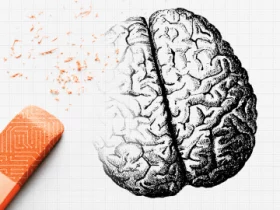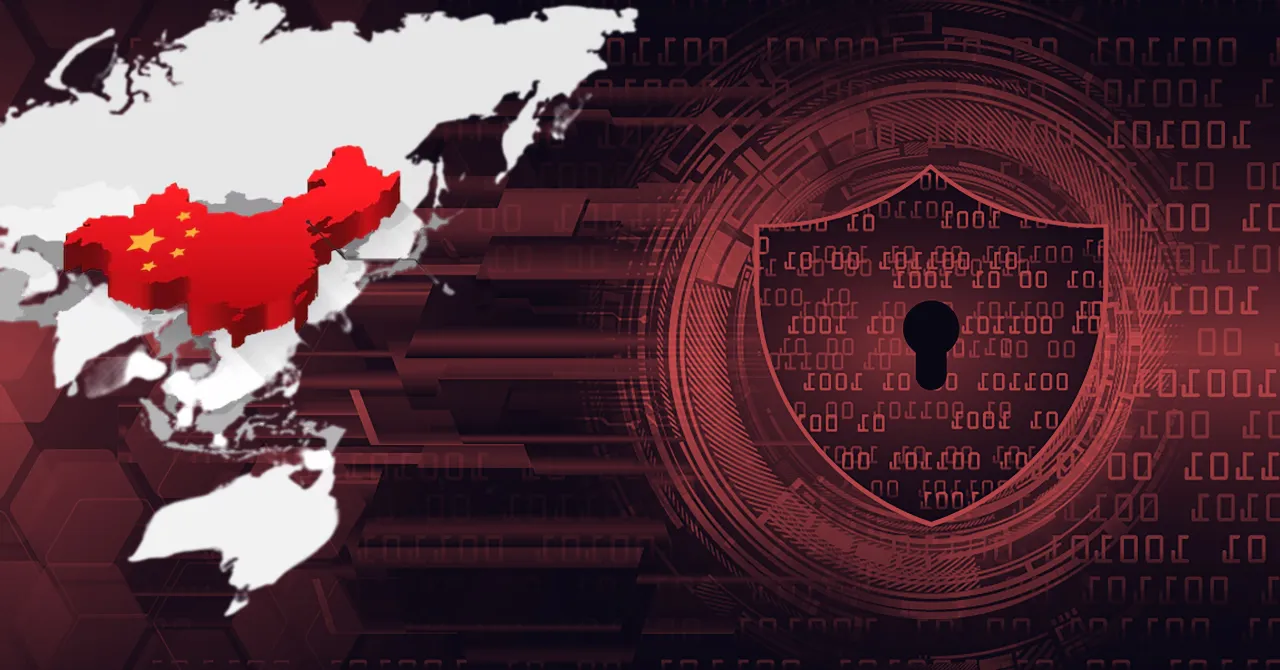China has improved its Cybersecurity, focusing on talent development, laws, and defending people’s rights and interests. The nation has established rules and regulations to secure critical information infrastructure, protect personal information, and preserve cyberspace and data security. Additionally, it has set up procedures and guidelines for cybersecurity evaluations, evaluations of outbound data transfers, management of generative AI services, and data security for automobiles.
China is enhancing its Cybersecurity skills.
Data shows that the nation has published over 380 national cybersecurity standards. By developing more talent, China is also enhancing its cybersecurity skills. Over 200 colleges and universities have started offering bachelor’s degrees in Cybersecurity, while over 90 higher education institutions have created cybersecurity schools. Regarding infringement and crime, authorities place a high value on defending the rights and interests of individual people. Special efforts have been made to examine Cybersecurity and personal data privacy in essential industries like real estate and postal and express services. Constant advancements have been made to guarantee adherence to automotive data security regulations. Authorities have also taken action against crimes, including the purchasing and selling of personal data, privacy violations, and telecom fraud, in addition to the illicit gathering and use of personal information by apps.
China’s approach to Cybersecurity may be improved in several key areas.
China’s approach to Cybersecurity may be improved in several key areas, with talent development, legal governance, and infrastructure protection being prioritised strategically. Through extensive training programs, universities, and research facilities, the nation has made large expenditures in developing a trained cybersecurity workforce to create a large pool of professionals equipped to handle sophisticated cyber threats. In terms of governance, China has passed several laws and rules that clearly define the rules for using technology, safeguarding sensitive data, and maintaining the security of vital information infrastructure. These rules incorporate protections to prevent unauthorised access, ensure data privacy, and protect the rights and interests of persons and organisations. They are designed to secure sensitive information.
China has implemented cybersecurity assessment frameworks to evaluate the security posture of systems.
China has implemented strict regulations to safeguard vital infrastructure, including power grids, transportation networks, and banking systems, to avoid cyberattacks that can interfere with critical services. Guidelines for handling outbound data transfers and generative AI services are part of the government’s focus on data security, and they are essential for averting data breaches. China has also implemented cybersecurity assessment frameworks to evaluate the security posture of systems and organisations, assisting in identifying vulnerabilities and implementing the required remedial measures.






























Leave a Reply